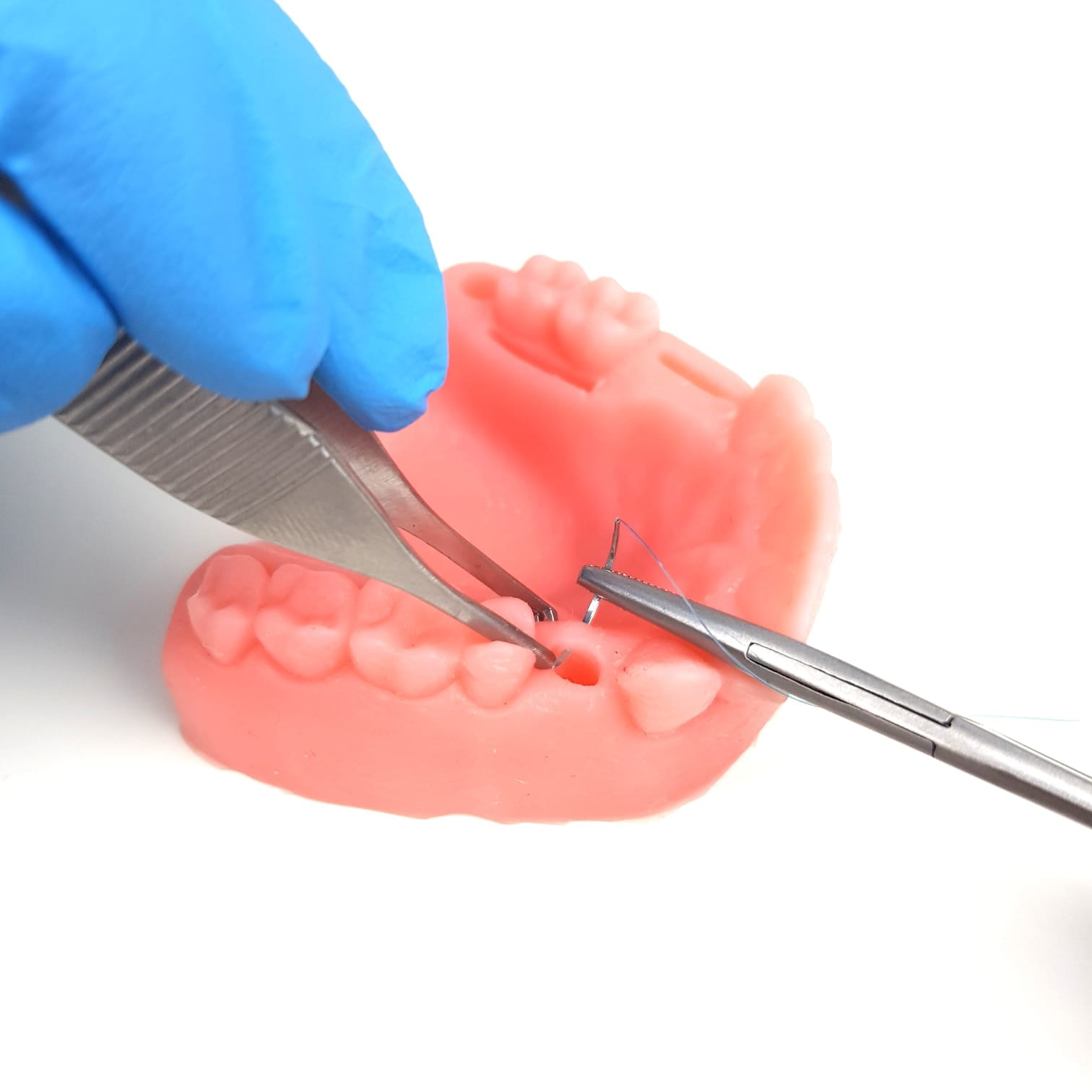Are you considering veneers to enhance your smile but unsure which material to choose? This ultimate guide will help you navigate the world of porcelain and composite veneers, empowering you to make an informed decision that aligns with your unique needs and desired outcome.
What Are Veneers?
Veneers are thin, custom-made shells designed to cover the front surface of your teeth, instantly transforming your smile. They can address a wide range of cosmetic concerns, including:
- Stained or discolored teeth
- Chipped or cracked teeth
- Misaligned or unevenly spaced teeth
- Irregularly shaped or sized teeth
By bonding these durable shells to your natural teeth, veneers can create a stunning, uniform smile that boosts your confidence and self-esteem.
Porcelain Veneers: The Epitome of Durability and Natural Beauty
Porcelain veneers are crafted from high-quality dental porcelain, a material renowned for its exceptional strength and lifelike appearance. Here are the key advantages of choosing porcelain veneers:
Unmatched Durability
Porcelain veneers are incredibly durable and can last up to 15 years or more with proper care. They are resistant to staining, chipping, and fractures, ensuring your smile remains radiant for years to come.
Natural Translucency
Porcelain mimics the light-reflecting properties of natural tooth enamel, resulting in a remarkably natural-looking smile. The color can be customized to blend seamlessly with your existing teeth, creating a cohesive and harmonious appearance.
Stain Resistance
Porcelain veneers are impervious to staining from food, drinks, and other substances, ensuring your smile stays bright and vibrant.
Versatility
Porcelain veneers can correct a wide range of cosmetic issues, including chips, cracks, gaps, misalignments, and discoloration.
For more information on porcelain veneers and their benefits, visit the American Academy of Cosmetic Dentistry.
Composite Veneers: The Cost-Effective and Minimally Invasive Option
Composite veneers are made from a combination of plastic and ceramic materials, offering a more affordable and less invasive alternative to porcelain. Here are the key advantages of choosing composite veneers:
Cost-Effective
Composite veneers are generally less expensive than porcelain veneers, with costs ranging from $250 to $1,500 per tooth.
Single-Visit Procedure
Composite veneers can often be applied in a single visit, as the material is sculpted directly onto your teeth.
Reversible
Composite veneers require minimal or no enamel removal, making the process reversible if desired.
Repair-Friendly
If a composite veneer chips or cracks, it can be repaired more easily than a porcelain veneer by adding more composite material.
For additional insights on composite veneers, check out the American Dental Association.
Factors to Consider When Choosing Between Porcelain and Composite Veneers
While both porcelain and composite veneers offer unique advantages, the choice ultimately depends on your specific needs, budget, and desired outcome. Here are some key factors to consider:
- Longevity: Porcelain veneers are more durable and can last up to 15 years or longer with proper care, while composite veneers typically need to be replaced every 4-8 years.
- Stain Resistance: Porcelain veneers are highly resistant to staining; composite veneers may discolor over time, especially if you smoke or consume staining foods and beverages.
- Appearance: While composite veneers can provide a natural-looking result, porcelain veneers are widely regarded as achieving the most lifelike and translucent appearance.
- Maintenance: Composite veneers may require more frequent polishing and maintenance to maintain their appearance compared to porcelain options.
- Budget: Porcelain veneers have a higher upfront cost but may be more cost-effective in the long run due to their longevity. Composite veneers offer a more budget-friendly alternative but may require more frequent replacements.
The Consultation: Partnering with Your Dentist for the Perfect Smile
Choosing the right veneers is a highly personalized decision. It’s crucial to consult with a qualified cosmetic dentist who can evaluate your specific needs and recommend the most suitable option. During your consultation, your dentist will:
- Assess your oral health and existing dental conditions
- Discuss your desired outcome and aesthetic goals
- Explain the pros and cons of each veneer material
- Provide an estimate of the costs and treatment timeline
- Address any concerns or questions you may have
By working closely with your dentist, you can make an informed decision that aligns with your unique needs, ensuring a beautiful, long-lasting smile that you’ll be proud to show off.
For further guidance on selecting a cosmetic dentist near you, visit The American Academy of Cosmetic Dentistry.
Conclusion: Embrace Your Journey Toward a Radiant Smile
Don’t let cosmetic concerns hold you back any longer! Embrace the transformative power of veneers and unlock the confidence that comes with a stunning smile. Whether you choose porcelain or composite veneers, remember that the journey toward your dream smile starts with a consultation with a trusted cosmetic dentist. Take that first step today!
What is the Difference Between Porcelain and Composite Veneers?
Porcelain veneers are thin shells made of durable ceramic that closely mimic natural tooth enamel. They are known for their long lifespan and resistance to staining. Composite veneers, made from a resin material, are applied directly to the teeth and sculpted to shape. They are more cost-effective and require a less invasive procedure, but they are less durable and more prone to staining compared to porcelain veneers.
How Much Do Porcelain and Composite Veneers Cost?
The cost of porcelain veneers typically ranges from $900 to $2,500 per tooth, while composite veneers cost between $250 and $1,500 per tooth. The exact price depends on factors like geographic location, the expertise of the dentist, and the specific requirements of the patient’s dental condition.
Which type of veneer lasts longer, porcelain or composite?
Porcelain veneers generally last longer, with a lifespan of 10 to 15 years with proper care. In contrast, composite veneers usually last between 4 and 8 years. The longevity of both types of veneers can be influenced by factors such as oral hygiene practices and lifestyle habits.
Are porcelain veneers more natural-looking than composite veneers?
Yes, porcelain veneers are often considered more natural-looking due to their translucency and ability to mimic the light-reflecting properties of natural teeth. Composite veneers can also provide a pleasing aesthetic result but may lack the same level of natural appearance as porcelain.
Can composite veneers be easily repaired or replaced?
Yes, one of the advantages of composite veneers is their reparability. If they chip or stain, they can be easily repaired or replaced, making them a flexible option for patients. This contrasts with porcelain veneers, which usually require a complete replacement if damaged.














